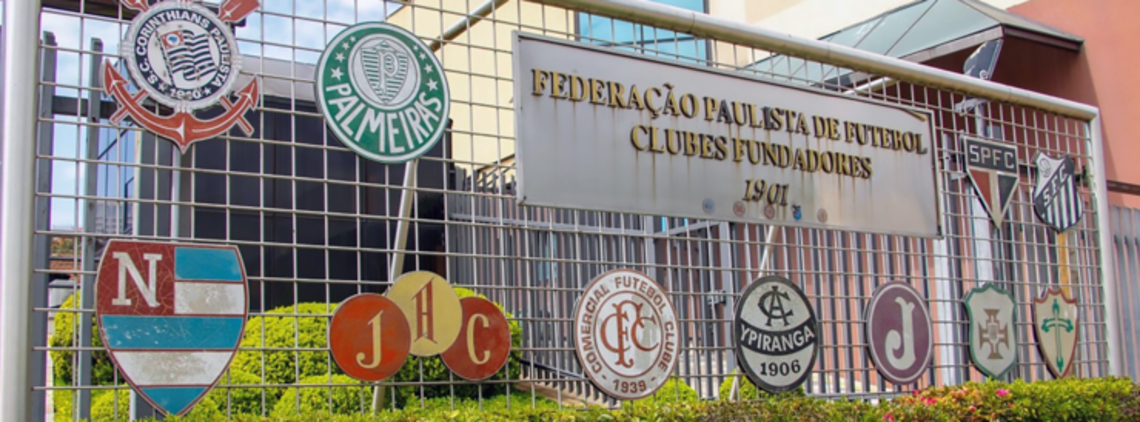The enforcement of club licensing regulations in football is a reality worldwide. This tool promotes the qualitative and sustainable development of football, granting the competitions credibility and encouraging the professionalization of club management, consequently making it possible to obtain financial balance and preserve sports values. São Paulo State Football Federation (FPF) was the first Brazilian State federation to put into effect and implement club licensing for its leading women’s championship. As will be demonstrated, the impacts of this practice lead to results on the field.
Club Licensing
Club licensing is a formal process through which sports entities must comply with some requirements and criteria defined by the sports administration entities in order to be eligible to join a specific or several competitions.
Therefore, once the sports administration entities note the fulfillment of those requirements by the clubs, they grant to this sports practice entity a non-transferable and very personal license, authorizing it to join specific competitions.
In the words of our wistful Professor Álvaro Melo Filho, club licensing is an instrument that encourages sports entities to adopt good practices and aims to promote “credibility, integrity, sporting and financial transparency, administrative professionalization and education/training of...
Football Legal is an independent media publishing football law contents on a daily basis
dedicated to all football law practitioners (lawyers, clubs, federations,
intermediaries, football stakeholders, etc.).
Register today and stay tuned to the latest legal news.
Why not join us?

